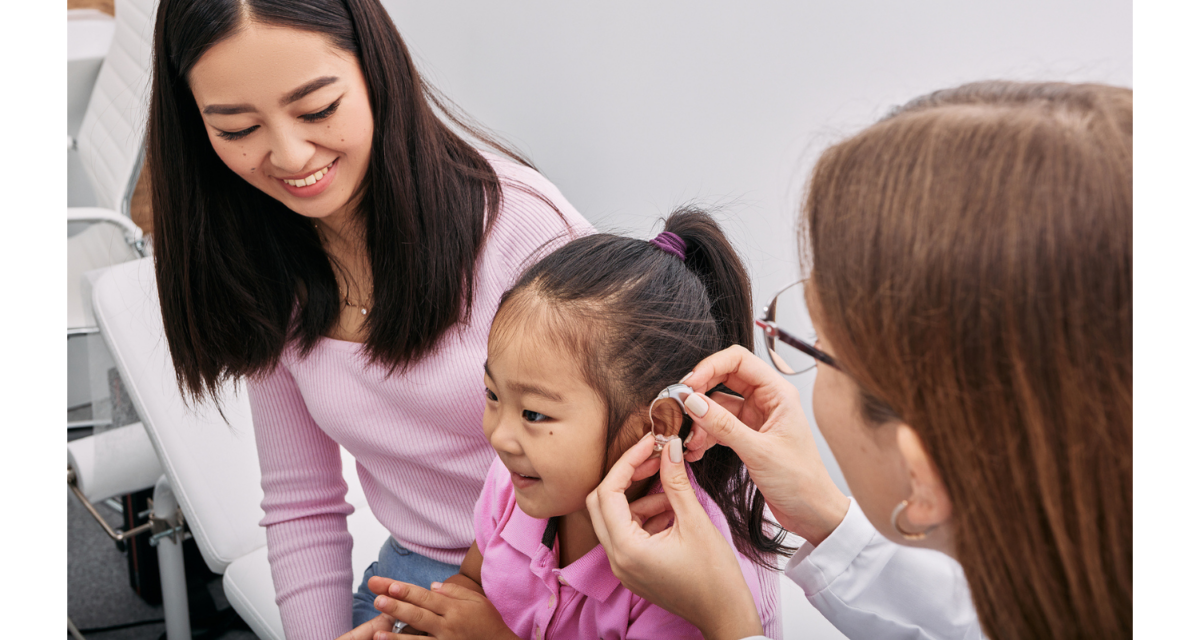In the past, wearing hearing aids carried a social stigma. Many individuals associated hearing aids with old age, which led some younger people to feel self-conscious about using them. This stigma had numerous negative consequences, as many individuals who could have improved their hearing through these devices chose not to utilize them. In the age range of 20 to 69, a mere 16% of those in need of hearing aids actually employed them.
Statistics of this nature are worrisome, as neglecting the use of necessary hearing aids can significantly impact individuals’ well-being and overall quality of life. Fortunately, the stigma surrounding hearing aids is progressively diminishing. This shift implies that a growing number of individuals who could benefit from hearing aids are now embracing their usage without hesitation.
Why is the Stigma Surrounding Hearing Aids Diminishing?
The reduction in stigma around hearing aids is undoubtedly positive, prompting curiosity about the reasons behind this shift. Various factors have contributed to this change:
1. Technological Advancements Enhance Hearing Aids
Advances in technology have led to enhanced sound quality and discreet design for hearing aids. In the past, these devices lacked the effectiveness they possess today, deterring many due to poorer sound experiences. Previous versions were bulkier and more conspicuous, causing self-consciousness in wearers.
Fast-forwarding to 2023, hearing aids are remarkably small and inconspicuous. Diverse types are available, such as the completely-in-canal (CIC) variant, fitting snugly inside the ear and remaining nearly invisible. CIC offers superior sound quality by filtering out disruptive noises.
Another discrete choice is in-the-canal (ITC) hearing aids, slightly larger than CIC. ITC devices sit partially inside and outside the ear, offering excellent sound quality and extended battery life.
2. Growing Health Consciousness
Society’s heightened focus on health, encompassing physical and mental aspects, has grown steadily. The embrace of self-care apps, fitness wearables, and regular healthcare appointments reflects this trend. People’s heightened health awareness has made them more open to considering support avenues, including hearing aids.
3. Increased Awareness of Risks
The online realm serves as a vast knowledge repository, enabling people to educate themselves on various subjects. This accessibility helps individuals comprehend the risks associated with hearing loss. Research has linked hearing loss with depression; communication difficulties and isolation contribute to this connection. By utilizing hearing aids, those with hearing loss can enhance their auditory well-being and mitigate the risk of depression.
Hearing loss also correlates with cognitive decline and a heightened risk of dementia. To avert such health complications, individuals with hearing loss are encouraged to seek support.
Benefits of Using Hearing Aids
Using hearing aids empowers individuals with hearing loss to improve their auditory capabilities and overall quality of life. Additional advantages include:
- Boosting confidence in social interactions through improved hearing
- Facilitating communication in settings like stores or workplaces
- Promoting brain health by supporting auditory well-being
- Enhancing enjoyment of TV and music
- Ensuring clear perception of everyday sounds and minimizing confusion
- Reducing the likelihood of mental health issues and depression
Early Indicators of Hearing Loss
If you detect negative shifts in your hearing, you might experience these signs of hearing loss:
- Sound and speech appearing muffled
- Difficulty comprehending words
- Challenges with consonant perception
- Frequent requests for others to speak louder
- A tendency to increase TV volume significantly
- Withdrawal from social engagements due to hearing difficulties
Schedule an appointment with us today!
Would you like to learn more about proper hearing aid care? Set up an appointment with one of our audiologists! Along with providing advice, we provide hearing evaluations and hearing aid fitting services to help you feel confident in managing your hearing health.

